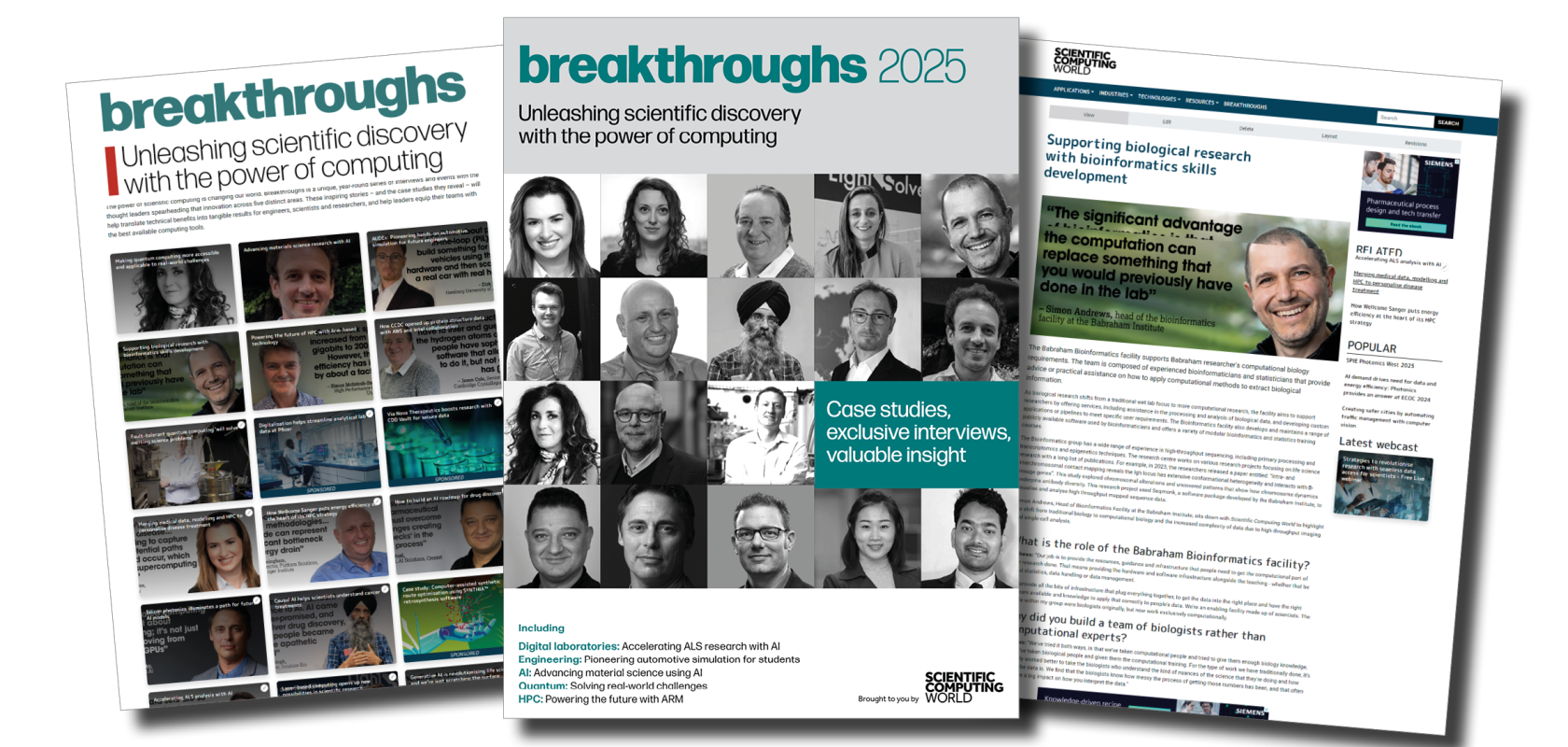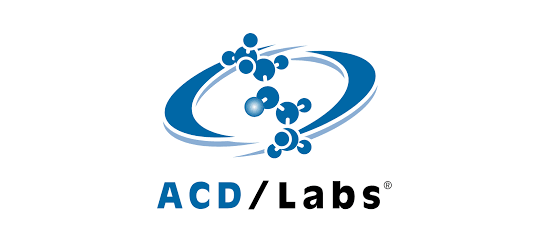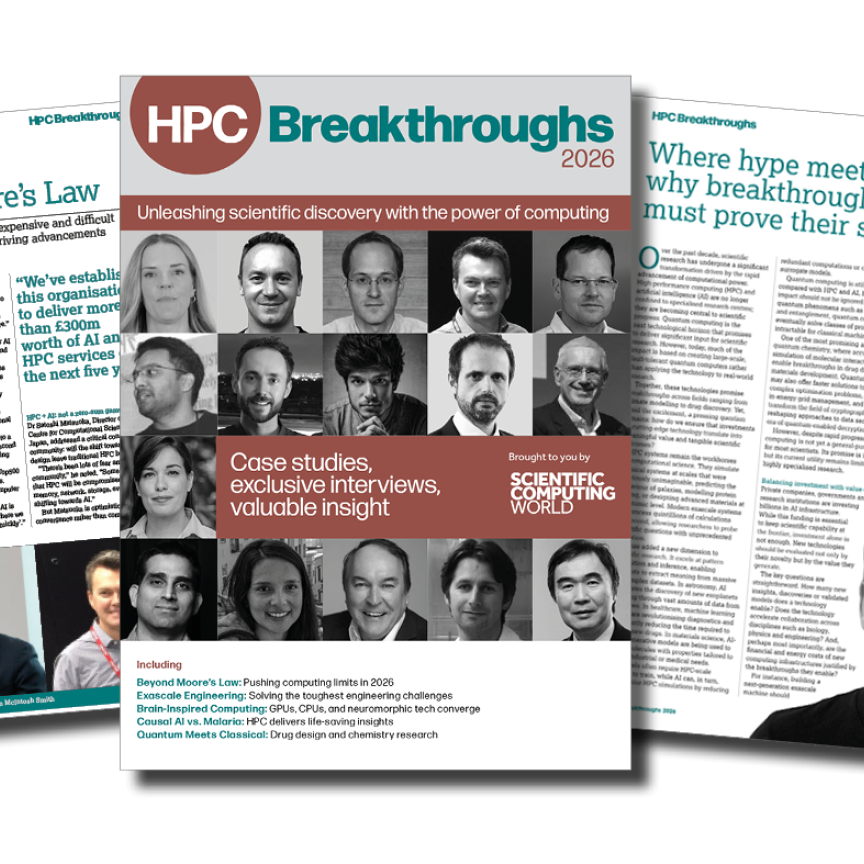In today’s rapidly evolving technological landscape, scientific computing is at the forefront of innovation, driving discoveries across various disciplines. From life sciences to engineering, advancements in high-performance computing (HPC), laboratory informatics, quantum computing, and artificial intelligence (AI), they are transforming how research is conducted and accelerating the pace of discovery. The implications are profound, reshaping everything from drug discovery and climate modelling to the design of new materials and the democratisation of computing power.
HPC is essential in tackling some of the world’s most complex problems. Whether simulating molecular interactions for pharmaceutical development, optimising the aerodynamics of a next-generation aircraft, or predicting weather patterns with unprecedented accuracy, HPC provides the computational muscle needed to perform calculations on a previously unimaginable scale.
Laboratory informatics plays a crucial role in harnessing the full potential of these computational advances, particularly in the life sciences. As the volume of data generated in laboratories grows exponentially, there is a pressing need for sophisticated tools to manage, analyse, and interpret this information.
Quantum computing, although still in its infancy, promises to be revolutionise scientific computing. By leveraging the principles of quantum mechanics, quantum computers have the potential to solve problems exponentially faster than classical computers, particularly in areas such as cryptography, material science, and complex system simulations.
AI, with its ability to process and learn from vast amounts of data, is already revolutionising scientific computing. In life sciences, AI is being used to accelerate drug discovery, model protein folding, and personalised medicine.
With this special series of year-round interviews and events, we delve into the latest breakthroughs in these areas, examining how they reshape industries, drive innovation, and pave the way for future discoveries. From the laboratories of pharmaceutical giants to the experimental qubits of quantum labs, we explore the cutting-edge work being done to push the boundaries of what’s possible in scientific computing. Join us as we take a deep dive into the technologies and innovations that are not just changing the world, but redefining what’s possible.
And if you know of a person, research institution or company out there who is using scientific computing resources to accomplish innovative scientific research, then don't hesitate to tip us off for inclusion in our ongoing series of Breakthroughs interviews. Drop me a line at robert.roe@europascience.com.
Robert Roe, Editor, Scientific Computing World








